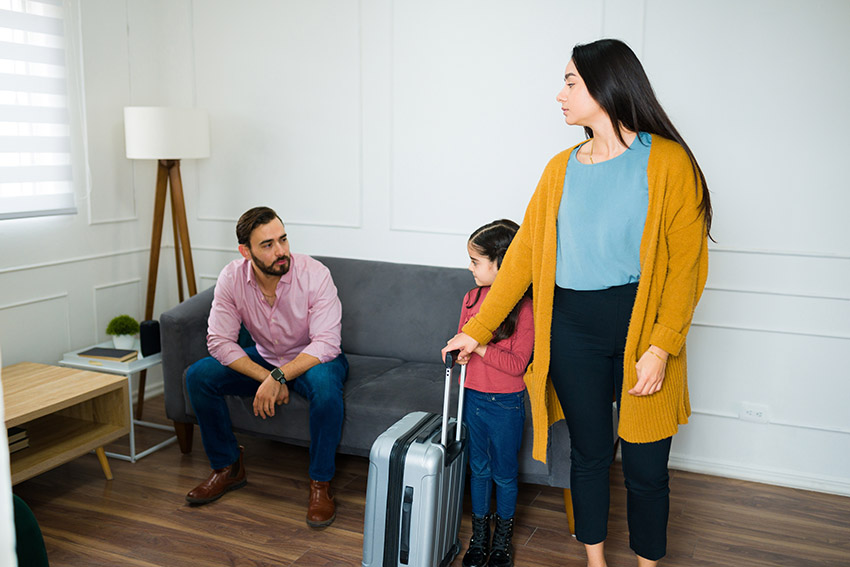Divorce is difficult and even complicated when you have children involved in it. However, the care should continue irrespective of the separation. If parents have decided to divorce and cannot agree on a plan to raise their children, then the court will order a plan or decide on matters concerning their health and welfare. How much time will the child spend with their parents, and who will be the primary caregiver? Even relatives or other people may ask for custody or parenting time. The court’s decision will be based on the child’s best interest. A child’s welfare is central to any custody decision. Courts consider many factors to create custody or visitation arrangements that best serve the child’s physical and emotional needs, such as parents’ physical and mental health, the child’s relationship with each parent, their ability to take care of their child, any history of domestic violence or child abuse, and how the child adjusts to a new environment.
After thoroughly evaluating everything; the court will give joint or sole custody of the child. Parents can share legal custody even when one parent has sole custody. However, a parent with sole custody will have an advantage in relocation. When a parent wants to relocate with their child, the judge will look at how the move will negatively affect the child. Parents will submit evidence, and the judge will determine if moving is appropriate or, if so, then how to adjust the custody. They may also hear live testimony of the parent, friends, relatives, and any guardian involved in the case. There are many things that the judge will consider and base his decision upon:
- Does the move benefit the child or keep the child away from another parent?
- Will the relocation improve the child’s quality of life?
- How has the child reacted to separation and visitation? Is the child longing for a parent?
- Considering the past, present, and future of the child’s relationship with both parents.
- Child’s adjustment to a new place.
- Child’s preference, if any.
A non-custodial parent’s right can be affected if the other parent provides enough evidence that the move is in the child’s best interest. Parents talking among themselves and developing a parenting agreement will help both parents protect their relationship with their child.

